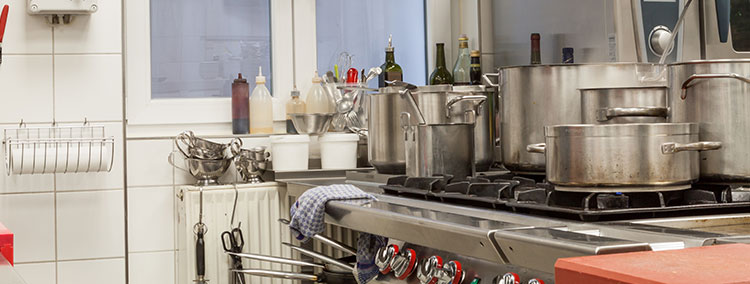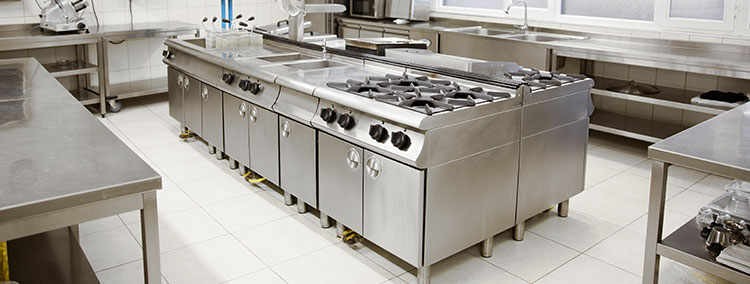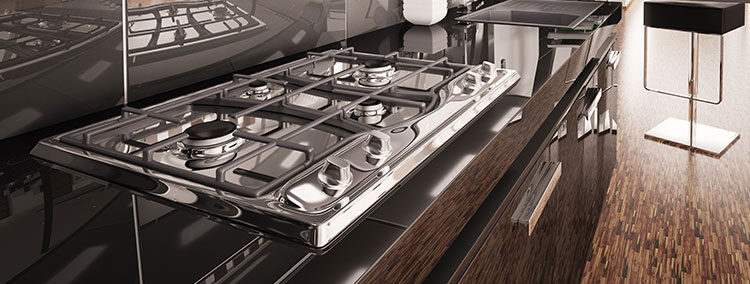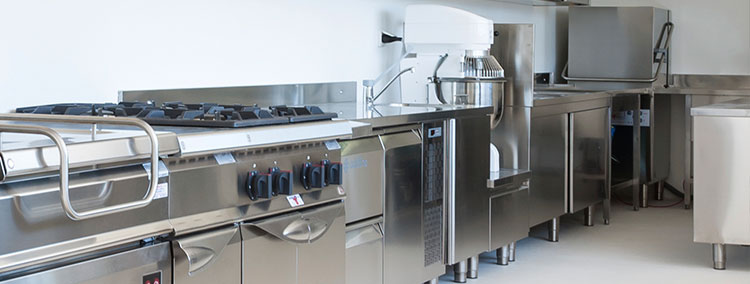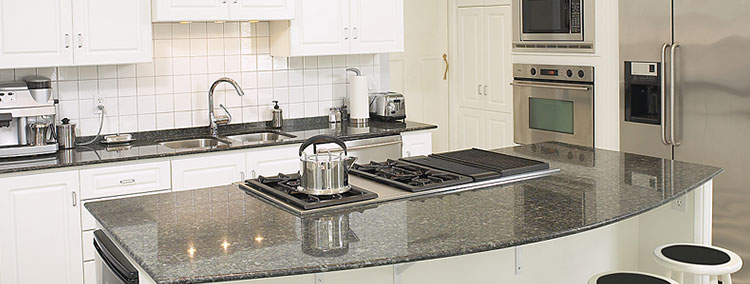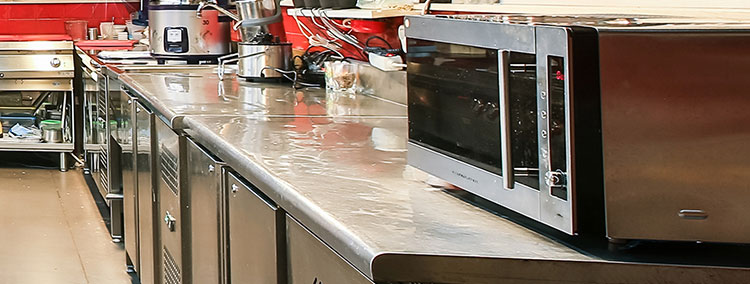Studies have shown that dishwashers are four times more water efficient than hand washing, with the most water-efficient full-sized dishwasher using nearly ten times less water to wash the same quantity of dishes as hand cleaning.
While this is the case, you could spend more energy, time, and money washing your dishes when you improperly use your dishwasher. To help you out, here are some of the ways recommended by dishwasher repair professionals to use your dishwasher to save energy and money:
Don’t prewash the dishes.
This is an age-old mistake that many people continue to do. You should note that there is no need to rinse dishes into the dishwasher, no matter how dirty they are.
Apart from wasting water, rinsing plates beforehand will stop the dishwasher sensors from working correctly as they measure how much dirt is in the water after the initial cycle.
So, when there isn’t much dirt on the dishes, they won’t work hard, so they won’t properly clean your dishes.
Dishwasher detergent tablets work best when there are food particles to allow them to do their work. This means that when you pre-rinse the dishes, the detergents don’t work properly, so they don’t clean the dishes as well as you would want them to.
Instead of pre-rinsing the dishes, scrape the extra food particles and let the dishwasher do the rest.
Load and unload the dishwasher correctly.
Overfilling and placing dishes in the wrong area or at an improper angle may prevent the dishwasher from washing your dishes effectively.
The best way to load your dishwasher is by placing large things like plates on the bottom tray, followed by cups and utensils on the top.
You should separate items so there is space between them to allow the jets to wash. This includes separating the cutlery so the water can reach all areas.
You should make sure that nothing is preventing the spray arms from turning freely. Place the cups and bowls vertically so that the water can drain off properly, and they can dry.
The same way you need to load the dishwasher properly is how to unload it properly.
Unload the dishwasher’s bottom rack first. The reason for this is that during a cleaning cycle, top rack cups and bowls can sometimes pool water.
This means moving them first will result in a spill and splash of water on the clean dishes below. And you don’t want this, do you?
Run the dishwasher when full.
Running a dishwasher with only a couple of dishes loses electricity and money in the same way that leaving your washing machine half full wastes energy and money.
Compared with hand-washing in the sink, dishwashers are highly water-efficient, but to get maximum efficiency, you should wait until the dishwasher is completely loaded.
This means you will be wasting energy and water by running it half-empty.
A full dishwasher will also have superior drying performance due to its higher thermal mass.
Dishes are also more likely to smash and bump into one other when loads are partially full, increasing the danger of damage and breakage. So, always take your time and wait until you have enough dishes before you run a cleaning cycle.
Use the right temperature.
Eco-mode exists for a reason—to save electricity. While you may be put off by the idea that it may take longer to wash your dishes in this setting, the fact that it pumps around more times means that less water needs to be heated, and your dishes will be washed for longer.
A standard dishwasher setting is usually between 55oC and 65oC, however, the lower eco temperature could consume 20% to 40% less energy. This helps you save money.
If your appliance lacks the handy eco button, consider purchasing one that does.
Run a vinegar cycle.
At least once a month, fill a bowl with white vinegar and place it on the top rack of an empty dishwasher to run. The purpose of doing this is to give your dishwasher a refresh.
When you do this, it is like giving your dishwasher a spa treatment, as it will neutralize odors and break down grime.
When your dishwasher is clean, it not only properly cleans the dishes, but also runs efficiently, saving you energy.
Leave the door open after use.
Your dishwasher, like your washing machine, has a moist atmosphere and fragile rubber door seals.
If you close the door tightly, your seals won’t get a chance to dry out, which promotes mold growth and foul odors.
After running a cycle, leave the dishwasher door open. This will expel any lingering moisture, which will help the machine last longer.
Don’t put everything in the dishwasher.
As much as you should run the dishwasher when full, it doesn’t mean that you should throw everything inside.
As tempting as it is to throw everything in the dishwasher, some objects need to be dishwasher-compatible.
As a rule of thumb, don’t throw cast iron and nonstick pans in the dishwasher because it will remove the nonstick coating.
Also, don’t throw wooden spoons and chopping boards inside, as the hot water in the machine might break the wood and ruin the coating.
Placing plastic goods in a dishwasher, unless labeled “dishwasher safe,” isn’t wise, as the heat will melt them.
If they are dishwasher safe, pop them on the top shelf only.
Also, don’t put sharp knives in the dishwasher as the dishwasher will gradually dull them.
Use the right detergents.
Some dishwasher detergents contain abrasives that quickly dull or wear away fragile glassware.
To stay on the safe side, commercial appliance repair Northern VA recommends that you use a detergent with a rinse aid to guarantee a thorough cleaning and drying.
Unlike hot air dryers, modern dishwashers dry with hot water. The rinse aid in the detergents allows the water to slide off the tub and dishes and down the drain. As a result, you don’t use too much water.
A tell-tale sign you use the wrong detergent is if you have spots on your glasses. If that’s the case, get a new detergent.
